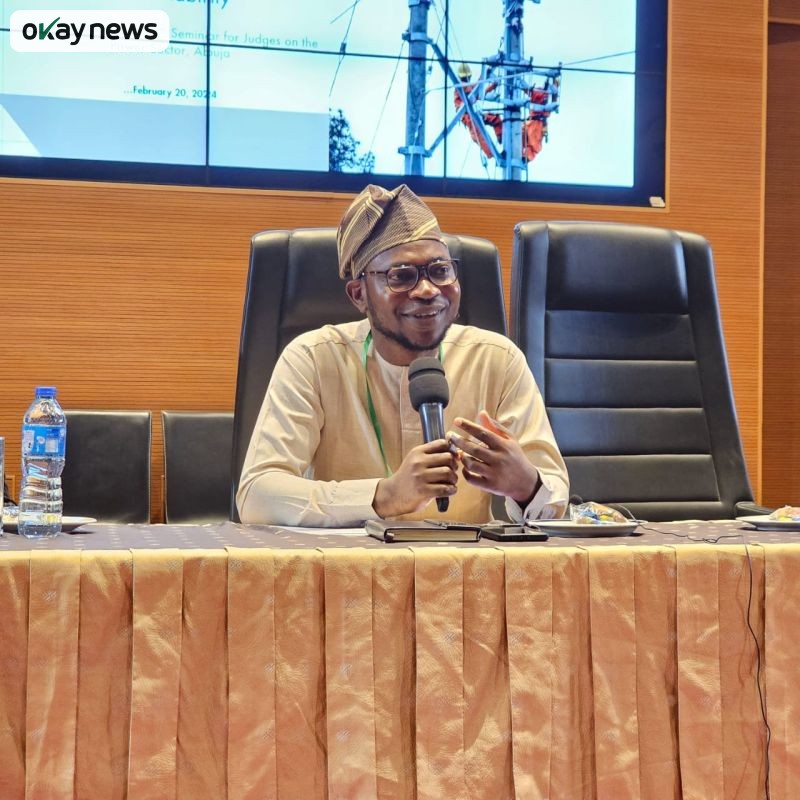The Federal Government has tightened control over electricity revenue collection, directing that only firms licensed by the Central Bank of Nigeria may handle electricity bill payments across the country. The directive, issued through the Nigerian Electricity Regulatory Commission, forms part of sweeping new guidelines that take effect on November 1, 2025.
The rules—published in NERC’s Guidelines for the Engagement of Third-Party Collection Service Providers in NESI—set strict commission limits and require electricity distribution companies to re-register all collection partners by December 31, 2025. Any unregistered entity will be barred from operating afterward.
NERC Vice Chairman Musiliu Oseni signed the framework, which standardises every payment channel available to customers, including USSD codes, mobile apps, PoS terminals, banking platforms and rural collection points. The document also reinforces Nigeria’s long-standing cashless electricity policy first mandated in 2019.
Despite earlier directives requiring commercial, industrial and maximum demand customers to migrate to digital platforms by early 2020, cash-based transactions—often through unregulated agents—remained widespread. Operators say these practices contributed to revenue leakages and worsened liquidity challenges across the power sector.
Under the new regime, only CBN-licensed banks, payment service providers, mobile money operators, switching companies, card schemes and super-agents may operate as Collection Service Providers. All partners must present a valid licence, incorporation documents, tax clearances, VAT registration, a list of sub-agents and an API integration agreement with NIBSS before receiving NERC approval.
The guidelines classify collection channels into USSD, banking and switching platforms, mobile services, agency services and rural collection points. For each category, NERC has imposed maximum commission thresholds to prevent arbitrary charges. Caps range from N20 to N50 for USSD transactions, while mobile wallets, PoS, kiosks and rural agents may charge between 0.75 and 3.25 per cent, subject to a maximum of N2,000 to N5,000 per transaction.
The commission banned agents from deducting fees for any service other than bill collection, ruling out extra charges for IT or marketing support. It also mandated prefunding of collection contracts, except for banks and switching firms that must settle on a T+1 basis.
Maximum Demand customers are excluded from third-party payments and must remit funds directly to DisCo accounts. NERC said the rules remain binding until formally amended.
Industry operators warn that the caps may squeeze smaller agents, particularly in remote communities where customer volumes are low. However, NERC maintains that the measures are critical to curbing revenue leakages, improving DisCo liquidity and stabilising the electricity market.
DisCos now face weeks of intensive contract vetting as they race to bring thousands of payment partners into compliance before the December deadline.




